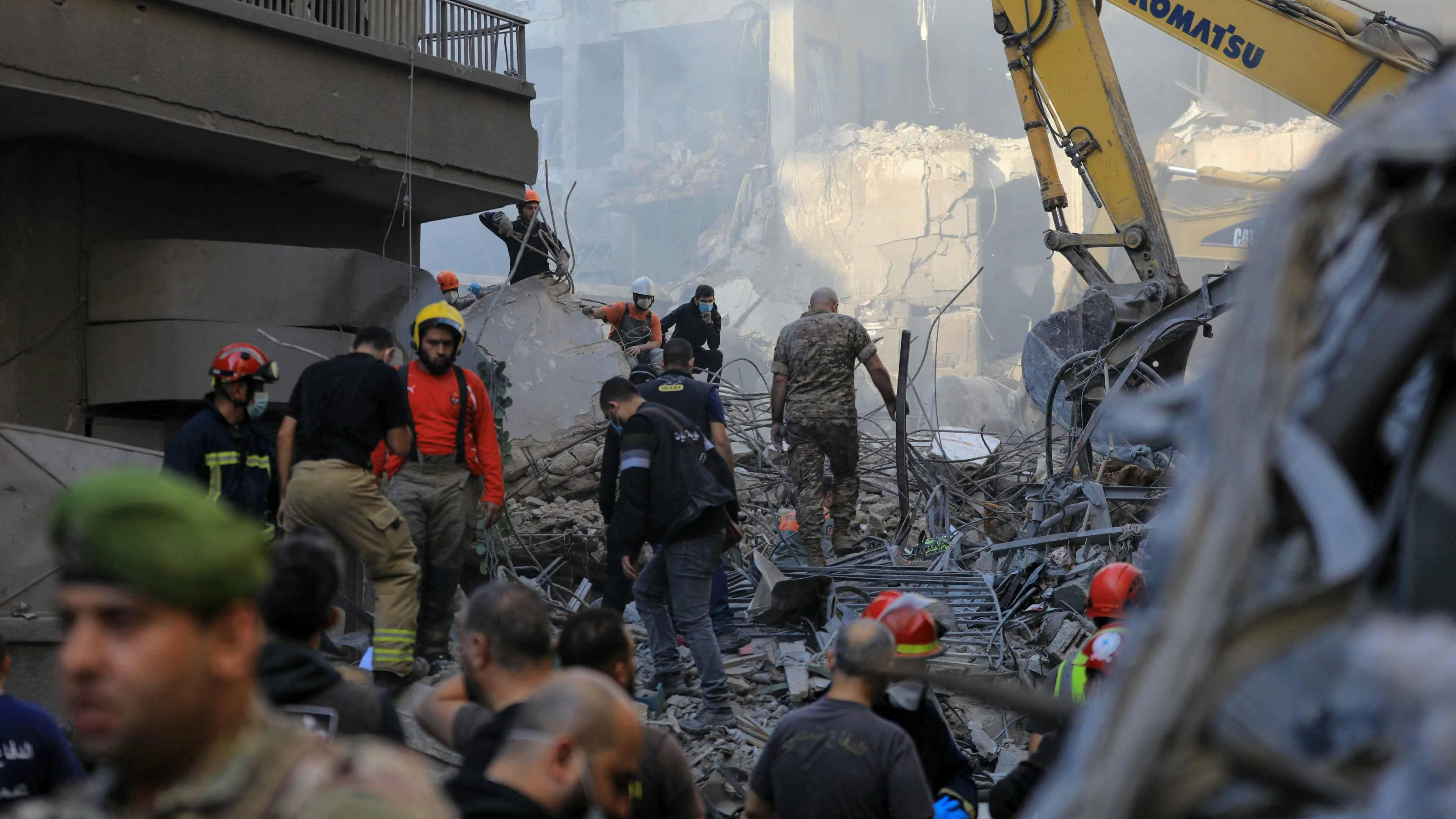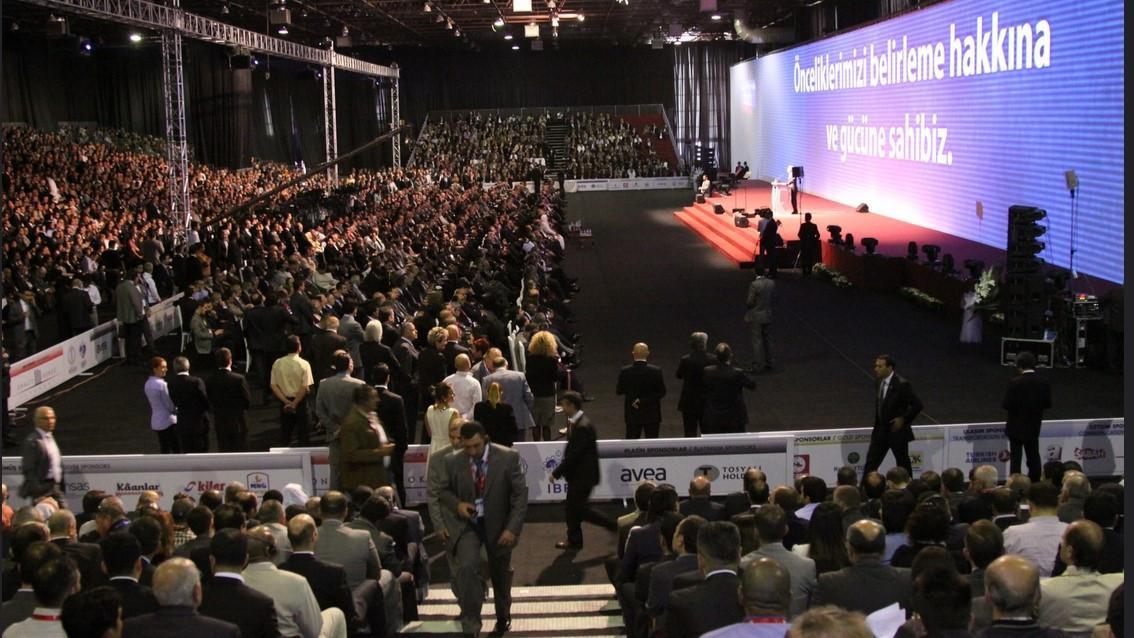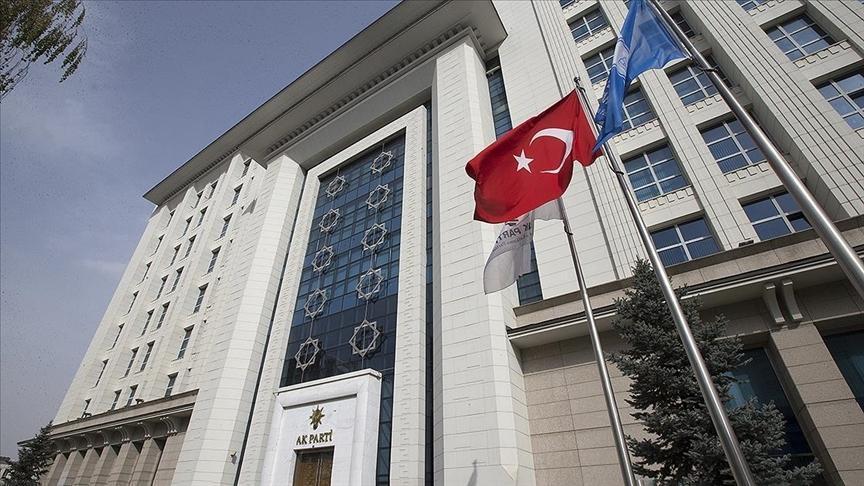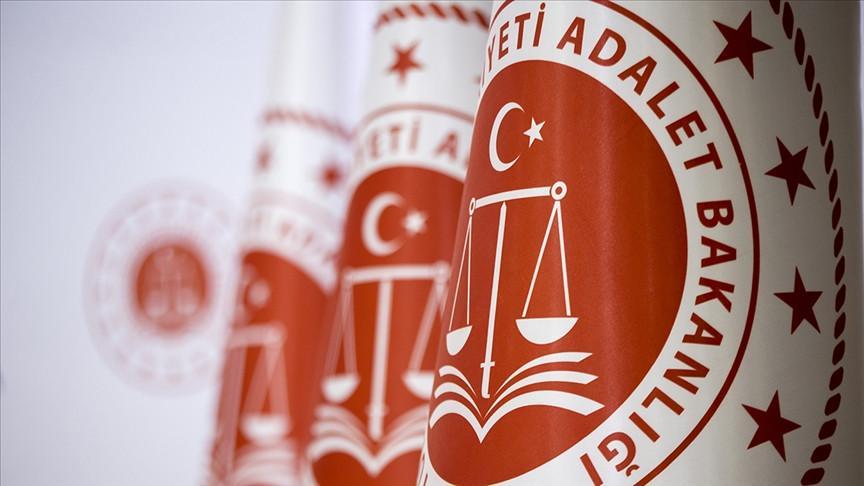Tibet capital sees first anti-China self-immolations
SHANGHAI - Reuters
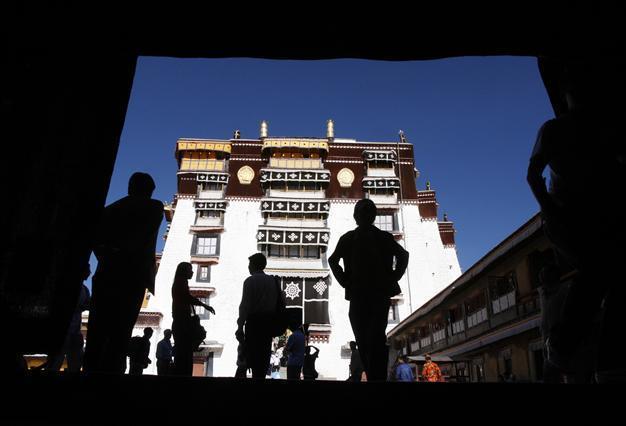
For a fifth straight year, China plans to close Tibet to foreign travelers during a sensitive period starting in mid-February, travel agents said Thursday, Jan. 19, 2012. AP Photo
Two Tibetan men set themselves on fire in central Lhasa on Sunday, the first in a series of self-immolation protests against Chinese rule over Tibet to take place in the regional capital, the Xinhua state news agency said today.Police put out the flames within two minutes but one of the men died, it said. The other was seriously injured but later able to talk.
"They were a continuation of the self-immolations in other Tibetan areas and these acts were all aimed at separating Tibet from China", Xinhua quoted Hao Peng, head of the Communist Party's Commission for Political and Legal Affairs in the Tibet Autonomous Region, as saying on Sunday.
At least 34 Tibetans have set themselves on fire since March 2011 in protest against China's six-decade rule over Tibet, according to Tibetan rights groups. At least 24 have died.
China has branded the self-immolators "terrorists" and criminals and has blamed exiled Tibetans and the exiled Tibetan spiritual leader, the Dalai Lama, for inciting them.
Beijing considers the Dalai Lama, who fled into exile in India in 1959 after an abortive uprising against Chinese rule, a separatist. The Dalai Lama says he merely seeks greater autonomy for his Himalayan homeland.
The self-immolations took place on Pargor, or Barkhor, Street, Xinhua said. The area is one of Lhasa's busiest quarters, adjacent to the Jokhang Temple, and is often crowded with pilgrims and tourists. Xinhua said downtown Lhasa was particularly crowded for a celebration.
Robbie Barnett, a Tibet expert at Columbia University in New York, said he had heard reports of the self-immolations from people in Lhasa, with a person describing the city as "boiling".
"For the Chinese authorities, it has very serious implications and suggests that the movement is spreading among Tibetans," Barnett told Reuters. "It could lead to an increased severity of restrictions and controls."
Telephone calls to the Tibet Autonomous Region and Lhasa municipal governments were not answered.
The U.S. broadcaster Radio Free Asia said Lhasa was "filled with police and paramilitary forces and the situation is very tense".
Only one other self-immolation had been reported in the Tibet Autonomous Region, a province-level administrative area under the central government. The rest occurred in Tibetan-populated areas of other provinces in southwestern China.
The Chinese term for the Jokhang Temple was blocked on Monday on the popular microblogging site Sina Weibo.


